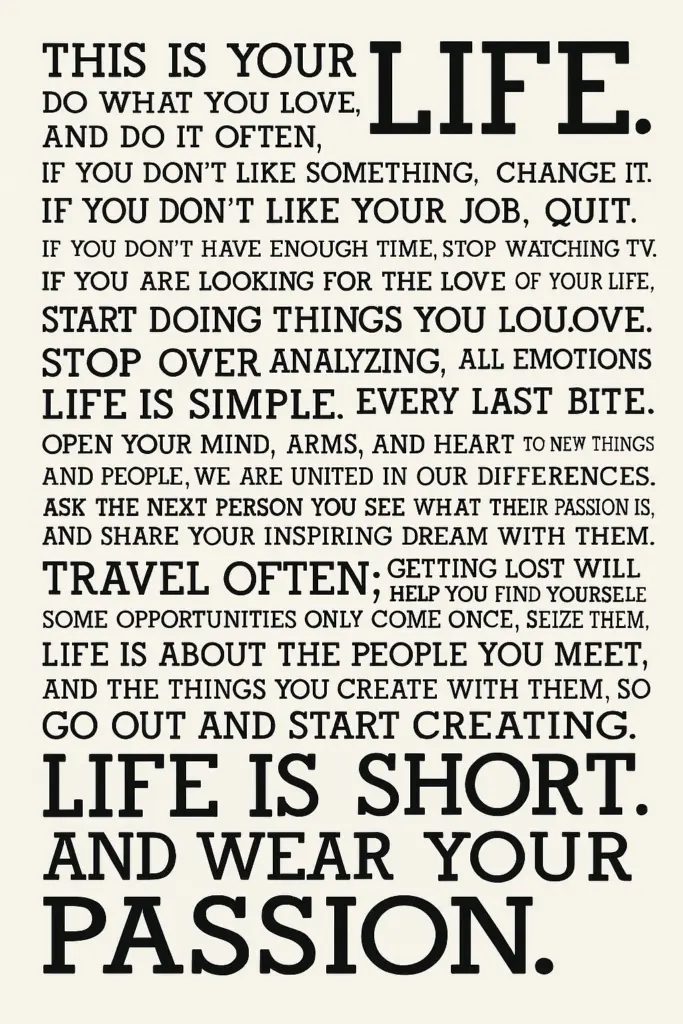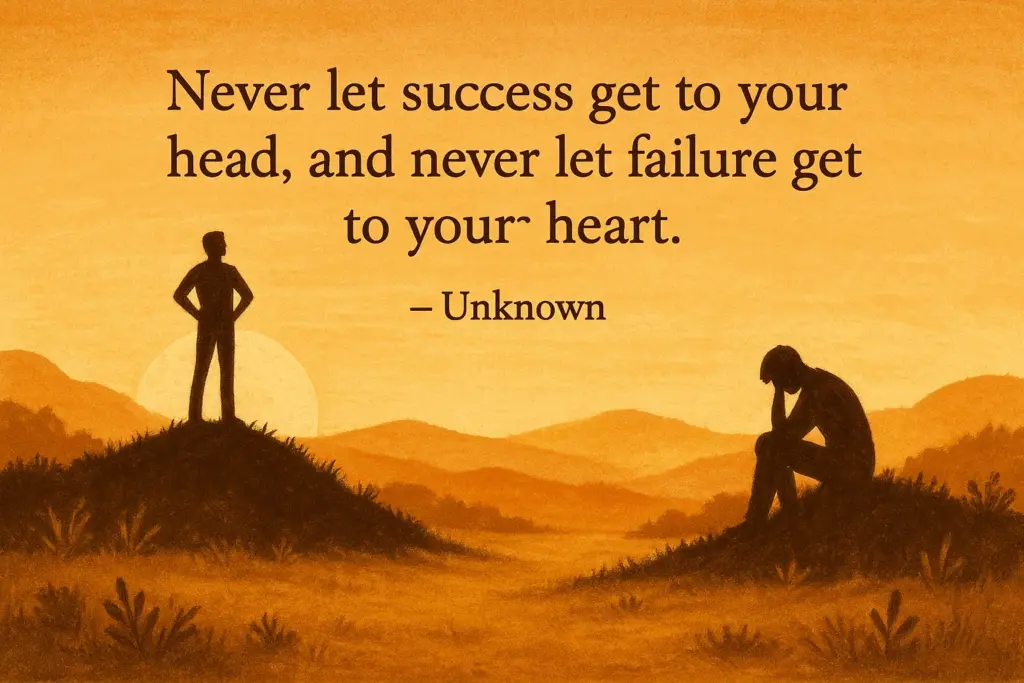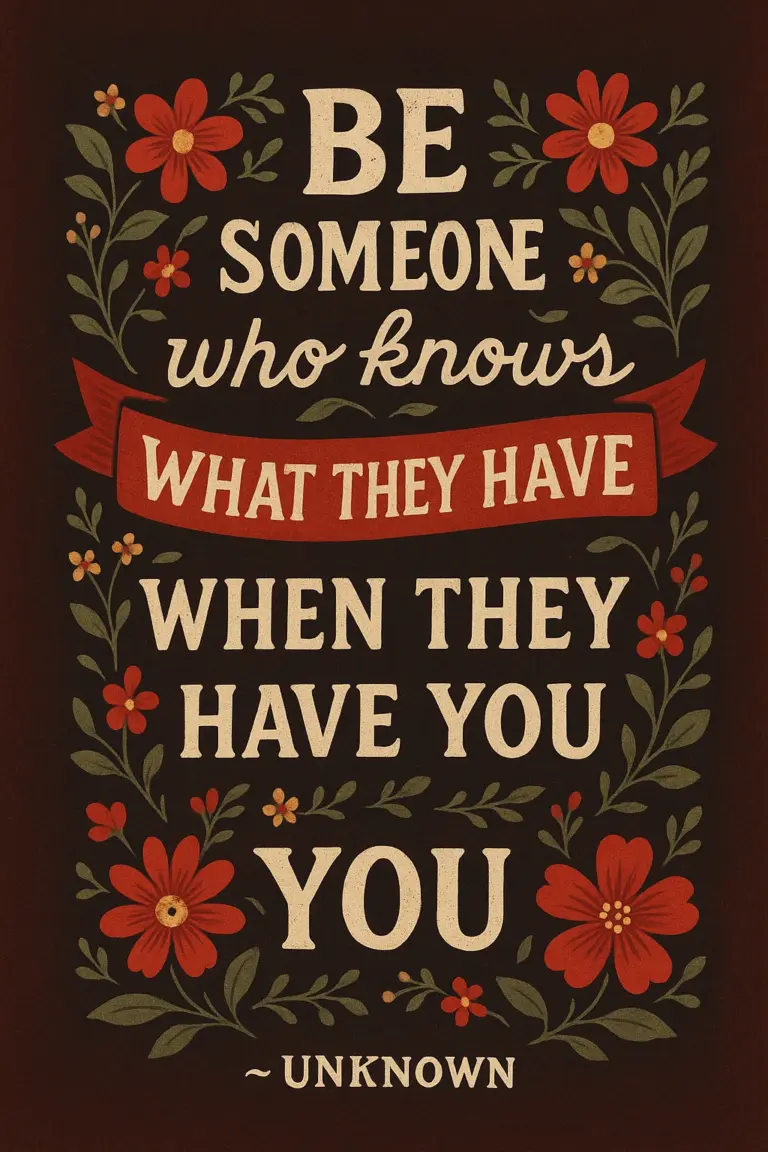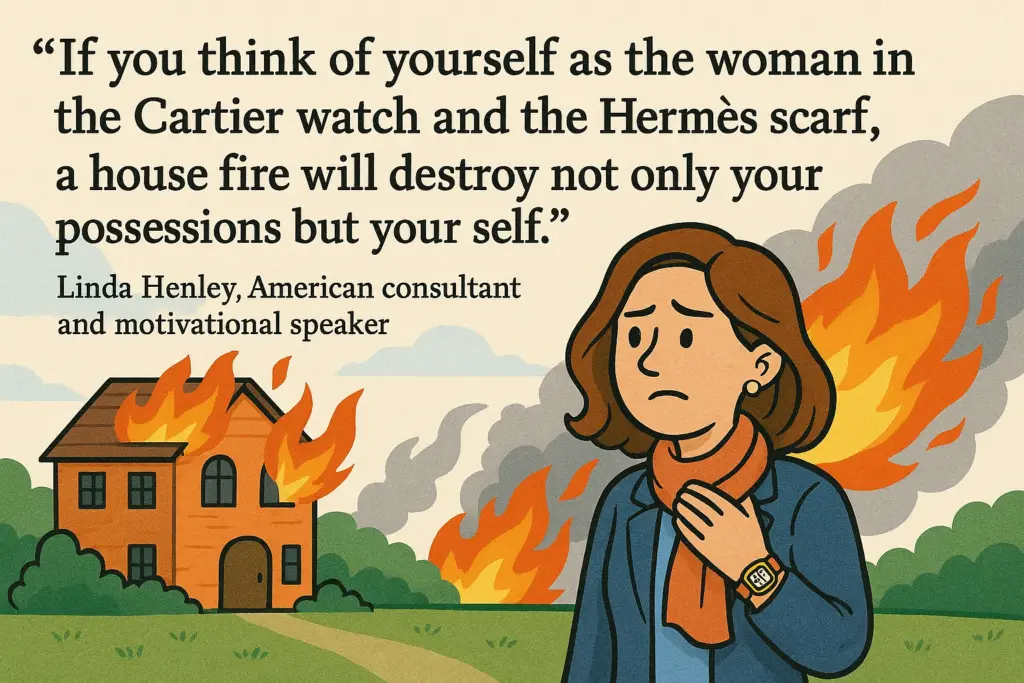Just ordered mine! The Holstee Manifesto is something I really resonate with: THIS IS YOUR LIFE. DO WHAT YOU LOVE, AND DO IT OFTEN. IF YOU DON'T LIKE SOMETHING, CHANGE IT. IF YOU DON'T LIKE YOUR JOB, QUIT. IF YOU DON'T HAVE ENOUGH TIME, STOP WATCHING TV. IF YOU ARE LOOKING FOR THE LOVE OF YOUR LIFE, STOP; THEY WILL BE WAITING FOR YOU WHEN YOU START DOING THINGS YOU LOVE. STOP OVER ANALYZING, LIFE...
Category: Motivational
Success & Failure
Room to Grow: Lessons from Big Fish
When our environments limit our potential, sometimes we need a larger bowl Like goldfish, we grow to fit the space we're given I generally don't watch a lot of movies, but particularly liked this excerpt from the Tim Burton movie Big Fish: Finding Your Space to Thrive In life, we all need room to grow. If your bowl is too small for your life or ambitions, find a different bowl and grow to be happy!





